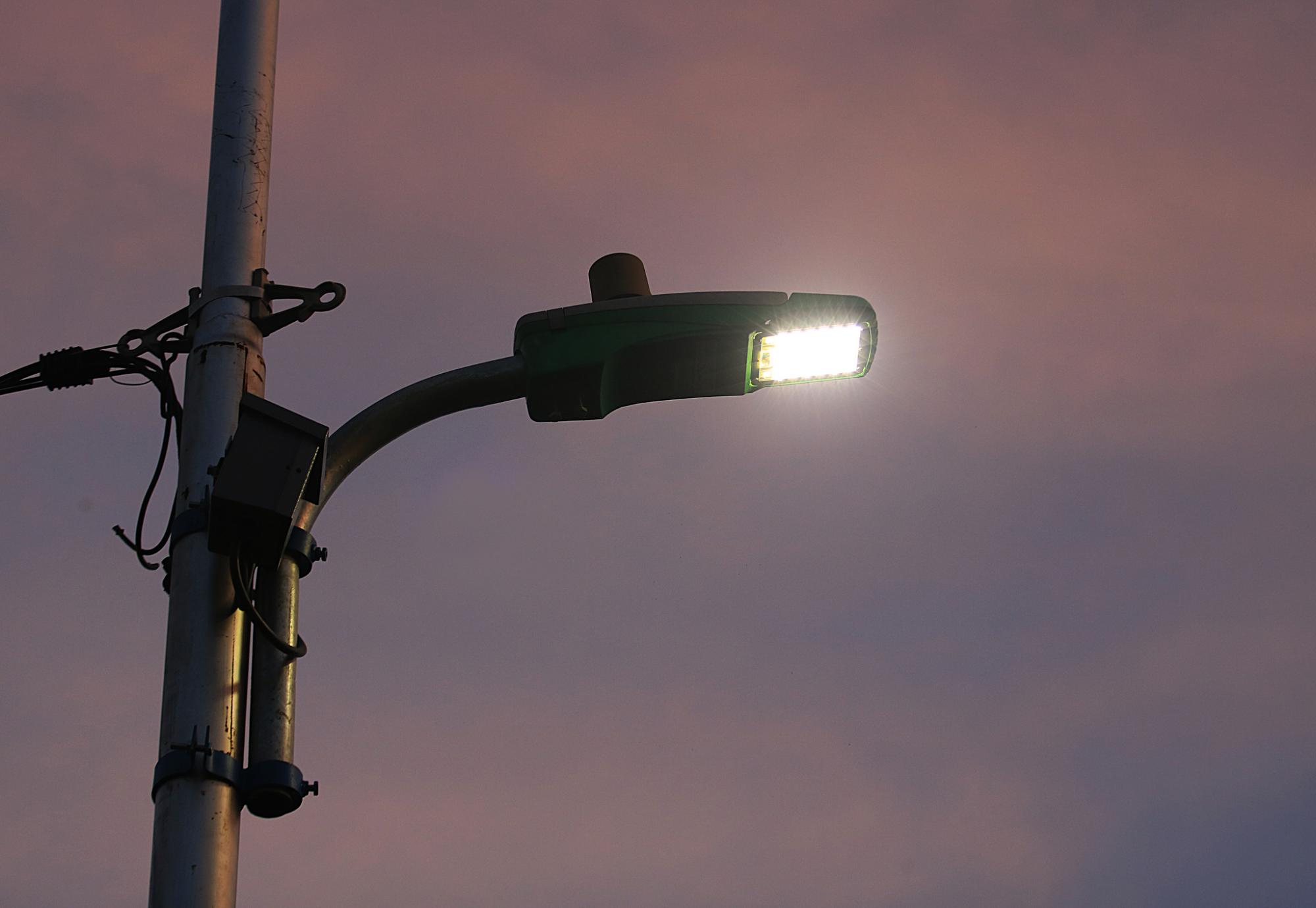A £12m investment into energy-saving LED street lighting is to be put to Bristol City Council to consider today (April 5, 2022), which would aim to help cut carbon emissions and reduce council energy bills.
The proposed programme of work would see the council ramp up its programme to replace Bristol’s 29,000 outdated street lights with new LED lanterns.
These LED units have a longer life span and require less energy to power them, with the new proposals projected to save the council around £1.8m a year in energy and maintenance costs.
The proposal, which will be heard as Item 17 of the Cabinet meeting, beginning at 4pm on April 5, 2022, would also include the introduction of a central management system which would enable remote monitoring and control of the street lighting network.
This would allow the street lighting to be dimmed in certain areas, or illuminated in others, for events or if there is an accident or incident.
There is also a significant green saving to be made by upgrading the existing street light infrastructure too, with the proposed upgrades estimated to save up to 13,000 tonnes of carbon dioxide within the first 10 years.
Light pollution would also see a reduction as LED street lighting is better capable of directing light onto roads and pavements, rather than overhead or into people’s homes and gardens.
Speaking in advance of Cabinet meeting, Cllr Don Alexander, Cabinet Member for Transport at Bristol City Council, said: “With the climate emergency and energy bills rising across the UK, it has never been more important to find ways to reduce our energy consumption across the city.
“Making an upfront investment to speed up our switch over to LED street lighting is a simple way to make energy savings of up to 50 per cent, which is good news for the environment and will dramatically reduce our energy bills.
“This is an exciting project that uses smart city technology, which will make sure our street lighting network is responsive, reliable and fit for purpose for years to come.”
If approved, the rollout of the LED programme would take three years and get underway from November 2022.



















